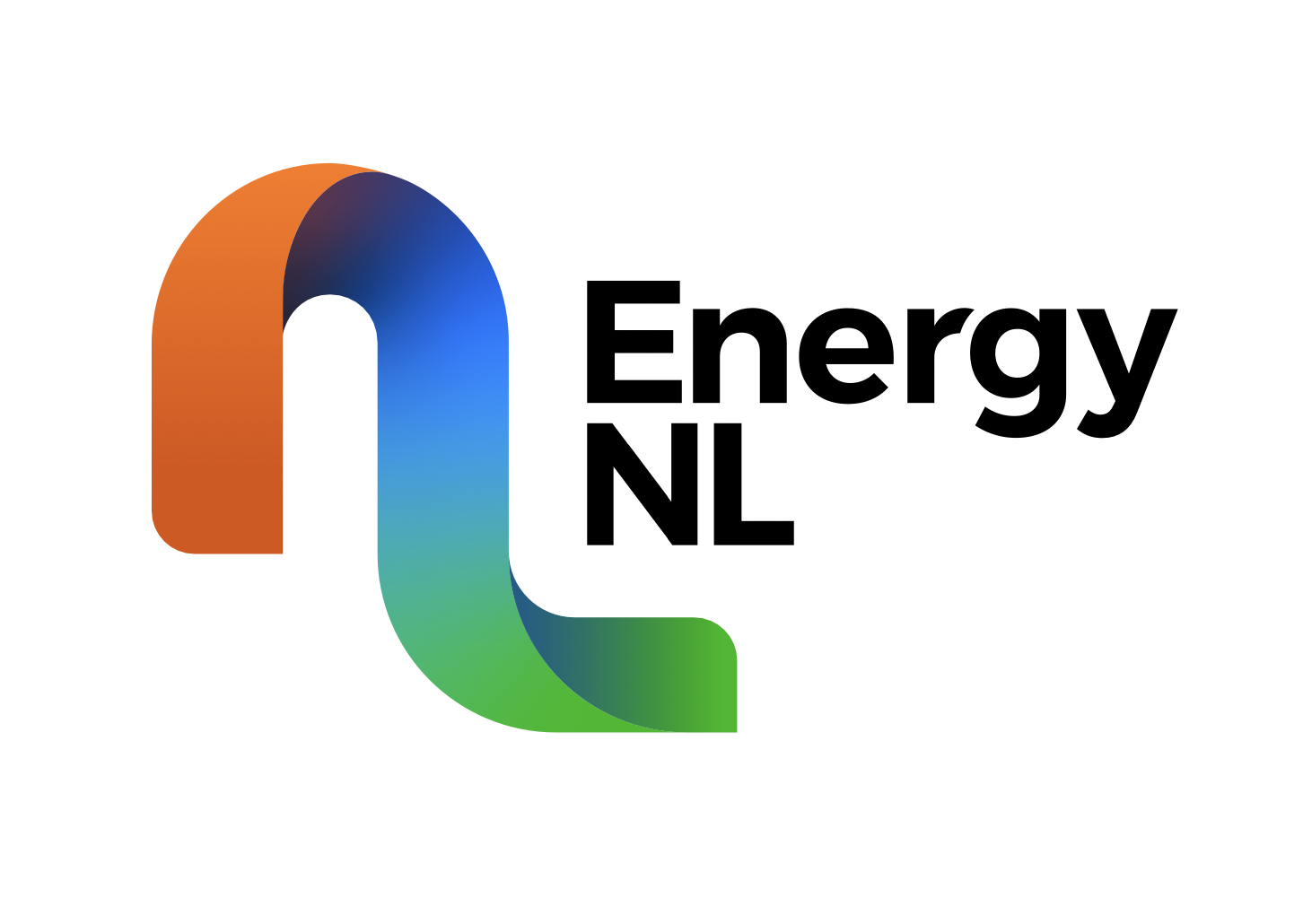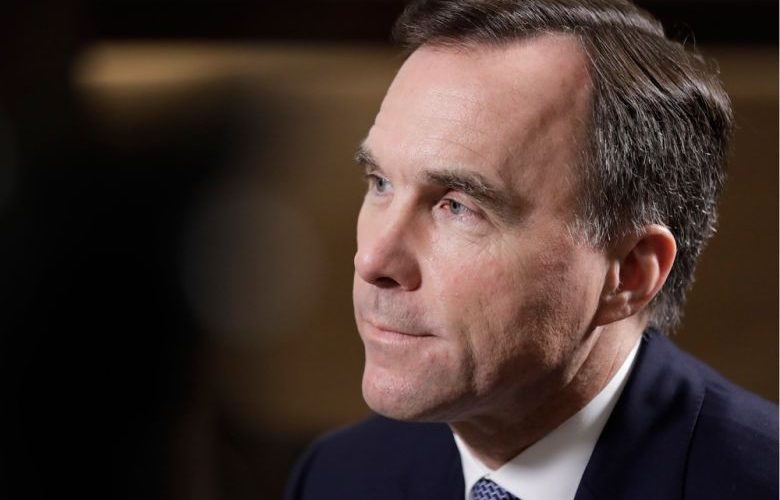The following text was excerpted from the media outlet cited on March 25, 2020 and is provided to Noia members for information purposes only. Any opinion expressed therein is neither attributable to nor endorsed by Noia.
From Financial Post
Mid-sized energy companies are currently sitting on about $6.9 billion in net debt and small-cap energy companies have $2.6 billion in net debt
CALGARY – Federal help is on the way in “hours, potentially days” for Canada’s hard-hit energy sector that’s facing a triple threat from the coronavirus pandemic, according to Finance Minister Bill Morneau.
“The energy sector is in a particularly challenging situation. There are really three things facing that sector as opposed to one enormous thing facing every other Canadian sector,” Morneau said during a Senate committee hearing Wednesday on the spending bill the government passed in the wee hours of the morning.
Morneau said domestic oil and gas sector companies are caught in the middle of an oil price war between Russia and Saudi Arabia, a collapse in global oil demand as a result of the coronavirus outbreak and “tumultuous equity markets,” as share valuations across the sector have fallen so far as to create new all-time lows.
Morneau’s comments were made in response to Conservative senator Thanh Hai Ngo, who asked what the federal government was prepared to do for oil-producing provinces of Alberta, Saskatchewan and Newfoundland and Labrador as a result of “these exceptional times” that were pummeling the oil industry.
“We’re in hourly contact with the energy sector to think about how we can bridge the time to provide appropriate credit for them,” Morneau said.
“I don’t have a final answer for when the exact hour is that it will be delivered but I’m not talking about weeks, I’m talking about hours, potentially days to ensure there are credit opportunities particularly for the small- and mid-sized firms in that sector,” he said.
Royal Bank of Canada expects Alberta’s economic contraction this year, at -5.6 per cent, to be the most severe the province has ever experienced in a single year and the largest in Canada. “Saskatchewan and Newfoundland and Labrador won’t fare much better with contractions of -4.0 per cent and -3.2 per cent, respectively,” the bank said in a report on Wednesday.
Explorers and Producers Association of Canada president Tristan Goodman last week told the Financial Post the industry was looking for support for workers, tax and fee breaks from the government and “liquidity.”
The Business Council of Alberta’s has asked Ottawa to create a “federal Troubled Asset Relief Program (TARP) modelled after the U.S. program developed in 2008 to purchase positions in distressed companies.”
Mid-sized energy companies are currently sitting on about $6.9 billion in net debt and small-cap energy companies have $2.6 billion in net debt, according to a research note from Stifel FirstEnergy analyst Ian Gillies.
“In our view, we would prefer to see the federal government not intervene by providing more debt as we don’t believe the solution for too much debt is more debt,” Gillies wrote in a March 20 research note.
However, Gillies echoed the calls of some domestic players in saying that cost reductions in the form of tax breaks would be more helpful.
“If the government is looking to help companies in the interim, we believe a reduction or holiday from various taxes (payroll taxes, carbon taxes, power costs) would be more helpful,” Gillies wrote.






